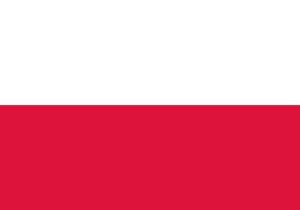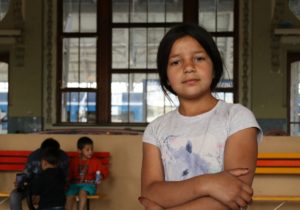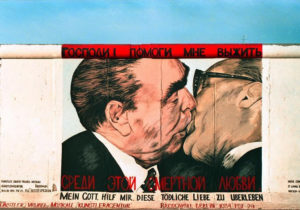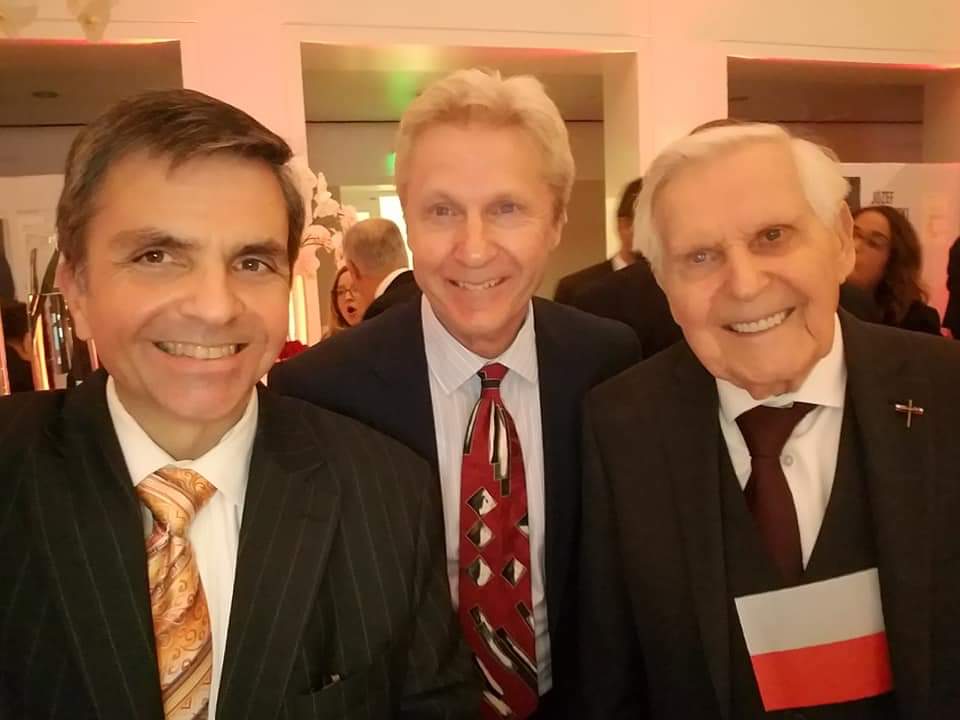One of the last remaining major heroes of the Cold War was in Washington, DC last week. Since a 15-year-old boy, I have deeply admired Polish labor leader Lech Walesa.
So, of course, I delayed my departure for an out-of-town conference to hear him speak at the Victims of Communism Museum. He was an organizer of the independent Solidarity movement that emerged in 1980 from the striking dock workers of Gdansk, Poland. Communist one-party states like Poland and other occupied nations of the Soviet empire were not supposed to have strikes or independent labor unions. The Communist Party ostensibly represented everybody. The rise of Solidarity proved this claim’s absurdity.
Backed by Solidarity and most of Poland, Walesa’s defiance of the Polish Communist authorities inspired the Free World after a decade of malaise and defeatism. The ground for Solidarity’s resistance had already been ploughed by the election of a Polish pope in 1978. John Paul II’s momentous 1979 visit to Poland, which attracted millions of his countrymen, aroused both Polish Catholicism and Polish patriotism against their Soviet overlords and their Polish ruling proxies. The crumbling of the Soviet Empire began in Poland with the confluence of John Paul II and Walesa.
Hoping to crush this new Polish spirit of resistance, Polish Communist authorities levied martial law in 1982, outlawed Solidarity and jailed Walesa. But as a 1983 Nobel Prize winner and international celebrity, he could not be easily extinguished. He was released after a year and soon returned to his not so covert resistance activities. The strength of Walesa’s movement was such that Poland held its first free elections in 1989. Walesa’s party easily won. Poland became the first Warsaw Pact country with a non-communist democratic government. The Soviet Empire could not withstand this dissent. The Berlin Wall fell months later, and with it all the Soviet puppet governments of Eastern Europe. Walesa was elected president of Poland in 1990. The Soviet Union dissolved in 1991.
With John Paul II, Ronald Reagan and Margaret Thatcher, Walesa was one of the key figures who subverted and overthrew the Soviet Empire. At age 80, he is still vigorous and fiery. He spoke at the Victims of Communism Museum at length without notes, easily bantering with the crowd. He even solicited an invite to return while noting that at his age, the invite needs to be soon. Beforehand he viewed museum exhibits highlighting John Paul II and himself. After his talk he strode quickly out the museum and through downtown DC streets, with his much younger entourage hurrying to keep up. Walesa had a full schedule.
During his remarks Walesa warned against “demagogues and populists,” around the world, in his own Poland and in America: “I am very afraid of what is going to happen in America as well. What will happen to the world if demagogues win in the United States?” And he extolled the rule of law and free markets. As president, he helped quickly privatize Poland’s economy, which was painful and hurt him politically. He was not reelected. But Poland has since become the most prosperous nation in the former Warsaw Pact. And as the former prisoner of a communist state, Walesa never had any desire to replicate authoritarianism under a different label. He has been a consistent advocate for democracy and liberty, civil and economic. Without getting extremely specific, his remarks often alluded to Putin’s dictatorship, Russian aggression, its war against Ukraine, and Western apologists for Putin. He joked about Russia putting a bounty on his head. And he warned that “Russia would want to strike America if it only had the strength.” He added: “Be careful.”
Nothing Walesa said disparaged Russia as a country: “We have to help Russia change its political system. It is not about Putin or Stalin. It is the system that causes all these unfortunate things.” Instead, he implied that Russia should be democratic like other former communist states. Asked about a Soviet-originated assassination plot against him while he was in Rome during the 1980s, Walesa puckishly recalled there were at least five documented attempts to kill him. But like John Paul II, who survived an assassination attempt, Walesa explained he has friends up above, and he is on intimate terms with the saints. He warned that even if Ukraine defeats Russia, if there were no political change in Russia, it would have to be fought again in 20 years or less.
Walesa, with John Paul II, Reagan, and Thatcher, among others, successfully confronted and defeated the Soviet Union because of their deeply felt Christian commitment to human dignity and to individual rights. They were both realists and idealists, practical and aspirational. They were decidedly not cynical. Great leaders who advance the cause of humanity are never cynical. They see through the cloudy muck of human affairs to the enduring light of transcendent truths.
Years ago, in DC, I personally saw and heard speak in Reagan, John Paul II, and Thatcher. Now I have been in the presence of Walesa. It’s been an honor to live in their era. Let’s pray their vision and nobility of purpose emerge again.







 Sponsor a student for Christianity & National Security 2024
Sponsor a student for Christianity & National Security 2024